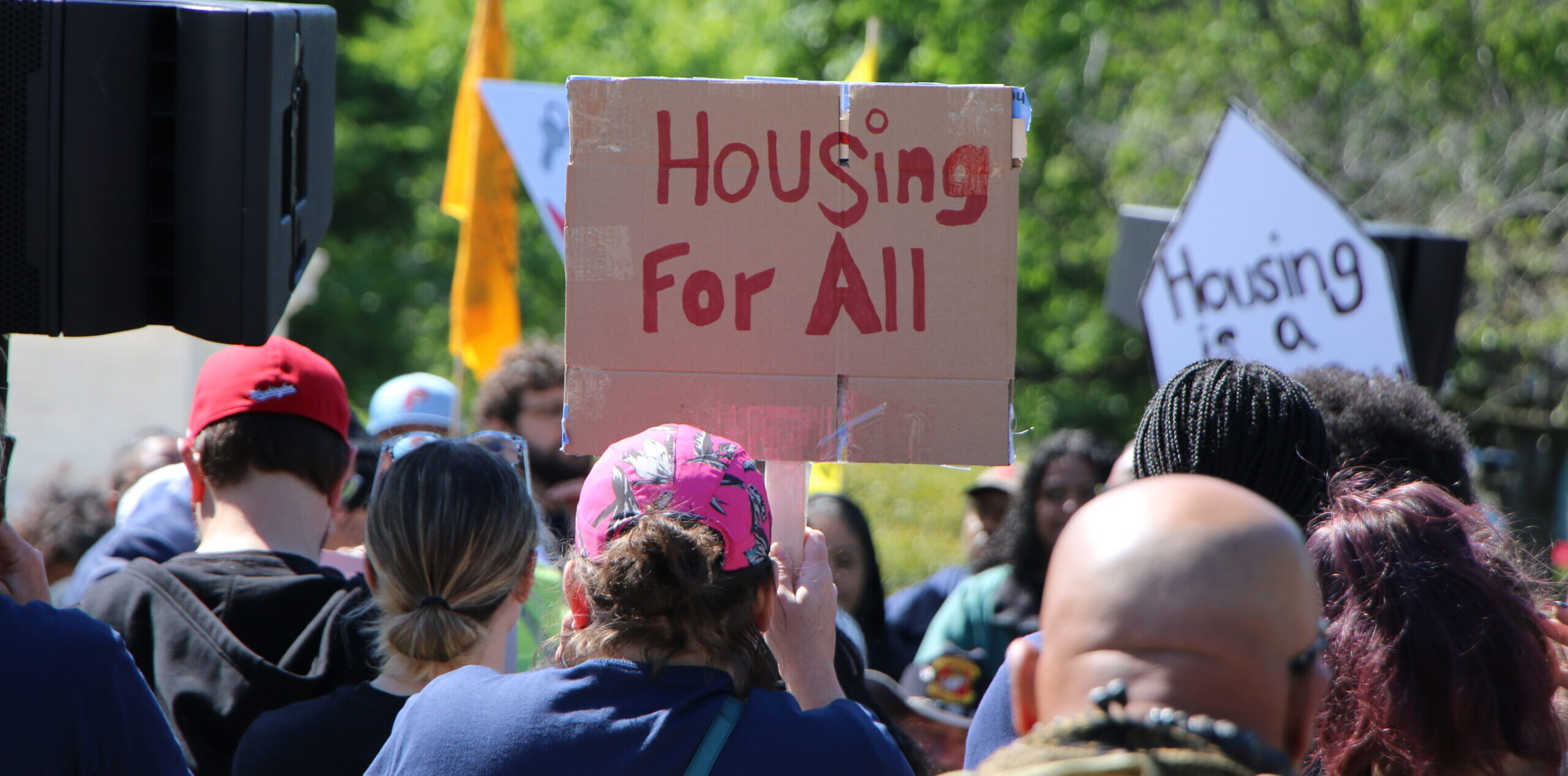


Silencing Community Pushback Through Housing Jargon
10/24/2025

By Dustin Valdez
For the past nine months, I’ve found myself at the intersection of policy, power, and personal survival. As part of a tenants association in Los Angeles, I’ve been fighting alongside neighbors against the city, developers and property owners. The issue? A proposed eight-story luxury building that will swallow more than two apartment complexes, displacing families and demolishing lifelines in the process.
On paper, the project looks noble — increasing housing supply in a city with a dire shortage. But peel back the glossy language and you find the trick: of 131 units, only 14 are designated affordable. The rest? Market-rate profit engines, Trojan-horsed into the community under the banner of housing access.
For me, this isn’t abstract. The demolition map includes my parking space. In Los Angeles, where cars are survival tools, stripping someone of their parking isn’t a mere inconvenience. Take away the ability to park safely and you might as well take away a kitchen or bathroom. The cascading effects are just as destabilizing.
And yet, what unsettled me most wasn’t only the project itself but the way it was defended: through language.
At public hearings and in official documents, developers and city officials wielded acronyms and jargon like shields. Terms such as “Floor Area Ratio,” “density bonus,” “setback reduction,” and “CEQA exemption” filled the air, creating a dizzying fog. As someone college-educated and active in the housing justice field, I still had to pause and parse many of these. Now imagine one of our affected tenants: a 94-year-old Spanish speaker. Where, in this barrage of jargon, does her voice fit?
The answer is obvious: it doesn’t.
By draping displacement in the language of bureaucracy, those in power effectively silence the very communities most impacted. Words like “adaptive reuse” or “inclusionary zoning” sound neutral, even benevolent, but function as rhetorical smoke screens. They obscure harm, alienate the public and make community-based resistance nearly impossible.
Our executive director, Marisol Bello, recently made the same point in a previous blog post Just Yell “DUCK!”, calling on our field to replace jargon-heavy language with plain language that everyone can understand.
Plain language isn’t just an issue for advocates, who often struggle to connect with broad audiences by using complex phrases and words. It’s also used by people to make more luxury housing at the expense of the community and tenants like me. The antidote is plain language. Without it, participation is impossible. With it, communities can finally meet power on equal terms.
1828 L St. NW
Suite 300
Washington, DC 20036
© Copyright 2026 Privacy Policy